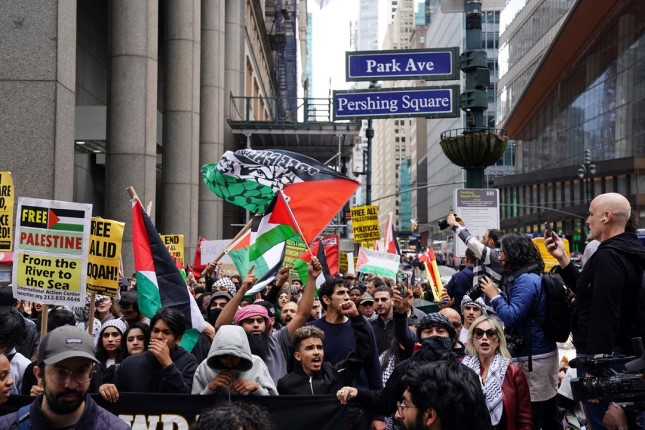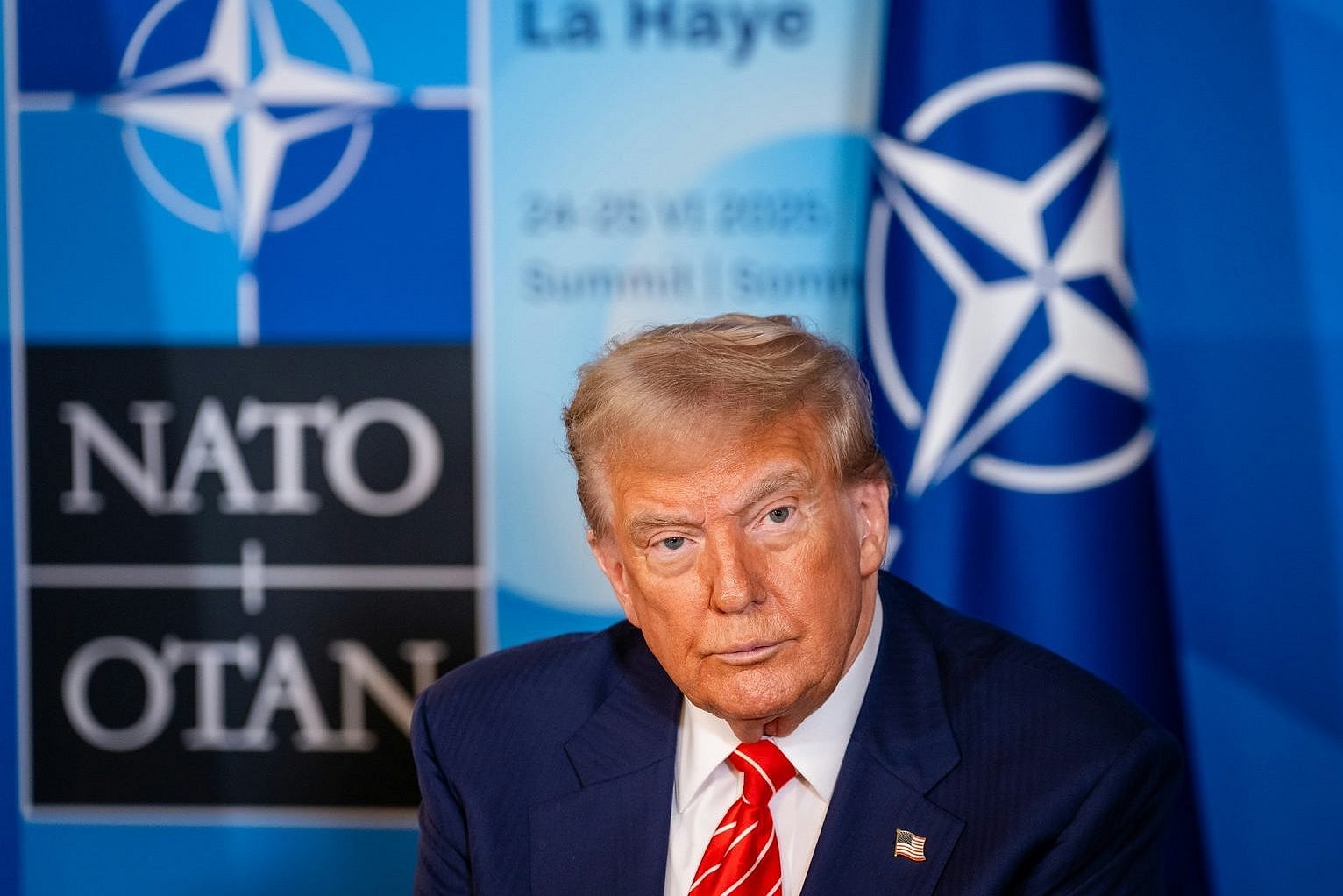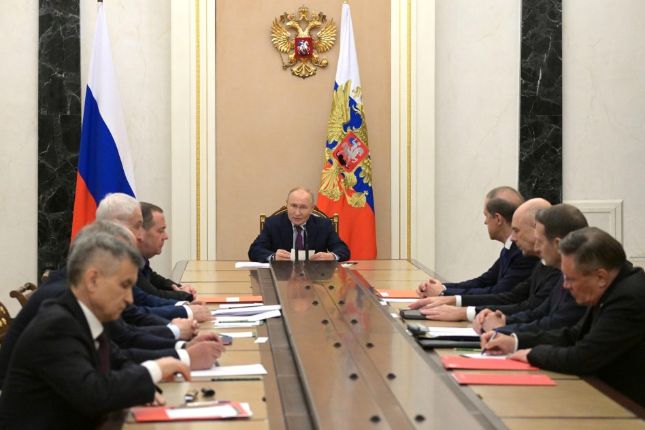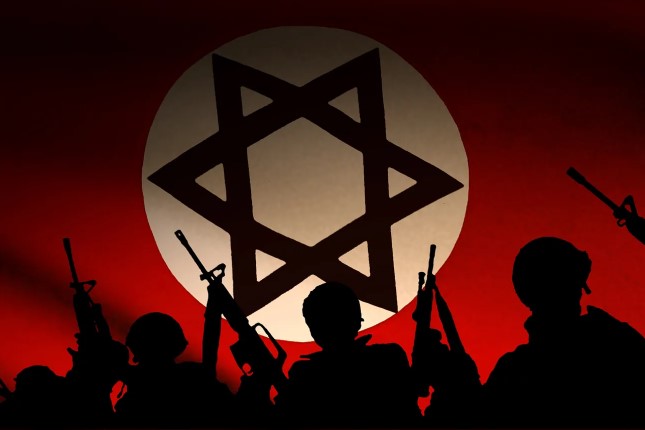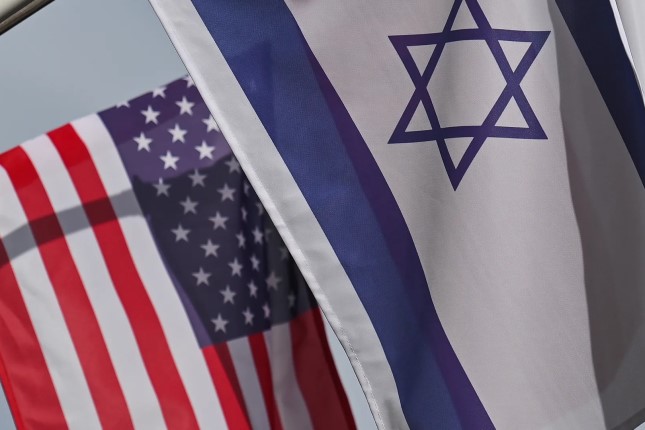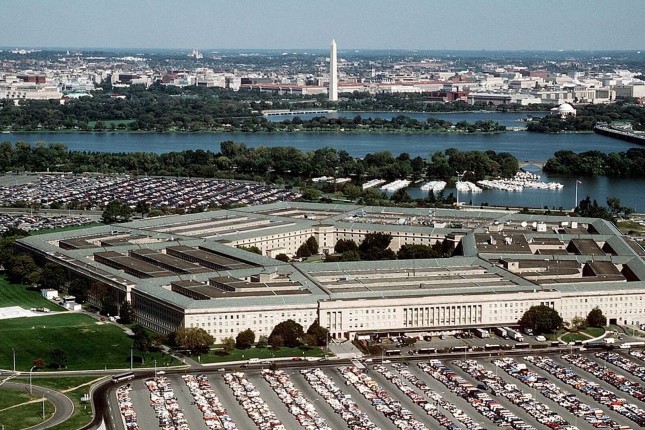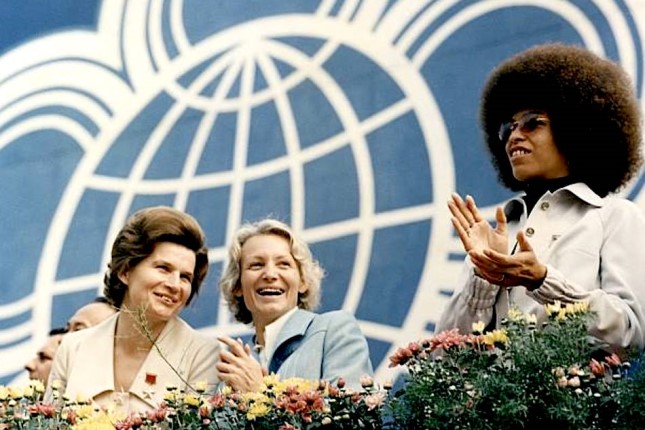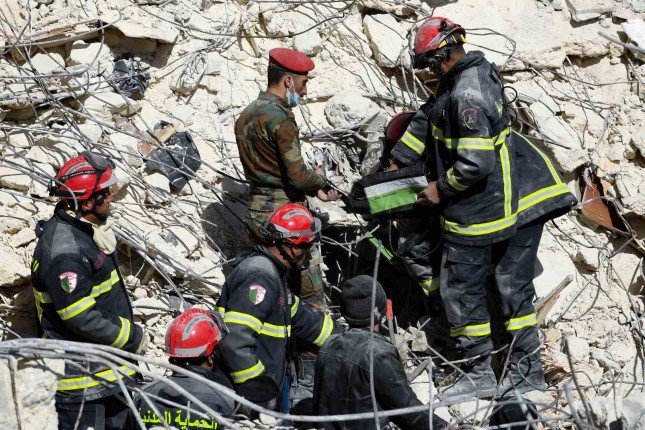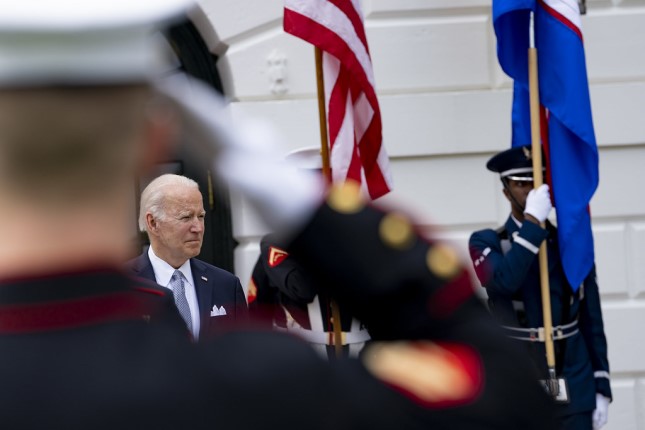US' one-sided decision to send weapons and warships to Israel after Hamas attack will "further fuel the tension, cause more humanitarian crisis," said Chinese observers, moreover, Washington's wrong-footed response to the surprise attack also mirrored its failed Middle East policies, a result of flip-flopping and indecisiveness, commented the observers.
Repeating its tactic of fanning up the flames as it's doing in the Russia-Ukraine crisis, the US is also pressuring other countries, China included, to condemn Hamas. The US wants to morally abduct China, observers said, adding that the visit of US Senate Majority Leader Chuck Schumer can serve as a window for Washington to learn and understand China's stance on conflicts of the Middle East region.
US Defense Secretary Lloyd J. Austin III said on Sunday he had ordered the aircraft carrier Gerald R. Ford and five guided-missile cruisers and destroyers, which are already in the Mediterranean Sea, to the eastern part of the sea, near Israel, as fighting between Israeli forces and Hamas militants raged into a third day after Hamas' surprise attack on Israel.
Hamas on Sunday said by sending a Navy carrier, the US is taking part in "aggression against Palestinian people"
When asked to comment on US sending military equipment to Israel, Mao Ning, spokesperson of Chinese Ministry of Foreign Affairs, said at a briefing on Monday that China believes that dialogue and negotiation are the fundamental ways to resolve the issue. "We call on all parties to cease fire and stop the war as soon as possible to avoid further escalation and deterioration of the situation," she said.
Chinese observers said partiality is the US' usual practice in dealing with international conflicts, which in the end only fuels tension. "Israel already outweighs Palestine in terms of military might; if the US wants peace, it should take actions to calm down the situation, instead of giving one-sided support to Israel," Tian Wenlin, a research fellow at the China Institutes of Contemporary International Relations, told the Global Times.
The situation surrounding the Gaza Strip has kept on escalating as Israel's military relentlessly pounded the Gaza Strip early on Monday morning and the number of deaths from the war against the Palestinian militants surged above 1,100, CBS news reported. Israel announced a siege on the Gaza Strip, with Defense Minister Yoav Gallant saying: "We are fighting savages, and we will act accordingly."
Observers of the Middle East said the tension will keep simmering for the following weeks, as the administration of Israeli Prime Minister Benjamin Netanyahu, who leads a right-wing government, will be jeopardized if he does not respond harshly to the most serious attack against Israel in a generation; also, Hamas is unlikely to back down, because the attack is seen as its "last-ditch effort" to disrupt the reconciliation of US-backed Saudi Arabia-Israel normalization. "At this juncture, mediation is needed more than ever, and US' fueling of the conflict will result in more humanitarian crisis. It may also result in a spillover of the conflict to a wider range," said Tian.
Liu Zhongmin, a professor at the Middle East Studies Institute of Shanghai International Studies University, believes US' sending warships is a "symbolic showing of support to Israel" and also aims at deterring Iran, as ground offensive is the usual practice targeting Hamas, who can easily mix with civilians.
"I am afraid sending warships is the only way Washington can come up with at current stage, because it is now flat-footed about how to respond to Hamas' surprise attack and reassert its role in the Middle East," said Liu. The expert said the current US' quandary also mirrored its failed Middle East policies.
The Hamas attack was widely recognized by Chinese observers as a protest to the US' selfish agenda of pushing for normalization between Israel and Arab nations, whilst ignoring Palestinian people's needs. "Washington lacks systematic policies in the Middle East. It intends to cut engagement in the region, but also feared China and Russia will fill up its vacuum; it also wants to assert influence in the Middle East to maintain its hegemony," said Liu, opining that US' current wrong-footed status in the Middle East is a result of such flip-flopping and indecisiveness.
US pothole in the Middle East is backfiring on its domestic politics. The Hamas attack has also thrust US President Joe Biden into crisis as Republican candidates said the incident is evidence of US' weakness on the world stage; and they have claimed that the administration is partly responsible, NBC news reported.
Biden is counting on successfully brokering Saudi Arabia-Israel normalization to boost his performance on Middle East before the presidential election next year, yet the Hamas attack may not only sink the deal, but also likely exert a heavy blow on Biden's performance in the election, Niu Xinchun, a research fellow at the China Institute of Contemporary International Relations in Beijing, told the Global Times.
As the conflicts evolve, the US is seeking to force China to take a tougher stance on Hamas. US Senate Majority Leader Chuck Schumer on Monday called on China to support Israel after deadly attacks by Hamas, Reuters reported.
China is deeply saddened by the civilian casualties caused by the Israeli-Palestinian conflict. We also oppose and condemn the violence and attacks against civilians, Mao said, noting that China's position is consistent.
"We believe that the top priority is to realize a ceasefire, stop the war and restore peace as soon as possible. We also expect the relevant parties in the international community to play a role and work together to cool down the situation," she said.
Not only the US tends to take sides in all conflicts, it forces other countries to side with it. It is doing that with the ongoing Russia-Ukraine crisis, and it is doing the same with the current Palestine-Israel conflict, said Sun Degang, director of the Center for Middle Eastern Studies at Fudan University. "It should already learn from the Russia-Ukraine crisis that taking sides is never the way out of a conflict."
Over the past year, China has actively supported the possible resumption of peace talks in the Middle East. On whether such efforts would be affected by the escalation of violence amid the Israel-Palestine conflict, the Chinese spokesperson said the most important lesson of reconciliation between Saudi Arabia and Iran is that no matter how complex the issues and how sharp the challenges are, as long as we have equal dialogue in the spirit of mutual respect, we will surely find a solution acceptable to each other.
The expert said Schumer's remarks have highlighted the urgency for China and the US to discuss Middle East issues, and his visit can serve as golden opportunity for Washington to learn and understand China's stance on conflicts of the Middle East region.
The UN Security Council held an emergency meeting behind closed doors Sunday, with the US demanding all 15 members to strongly condemn "these heinous terrorist attacks committed by Hamas," but they took no immediate action.
Source: The Global Times.
